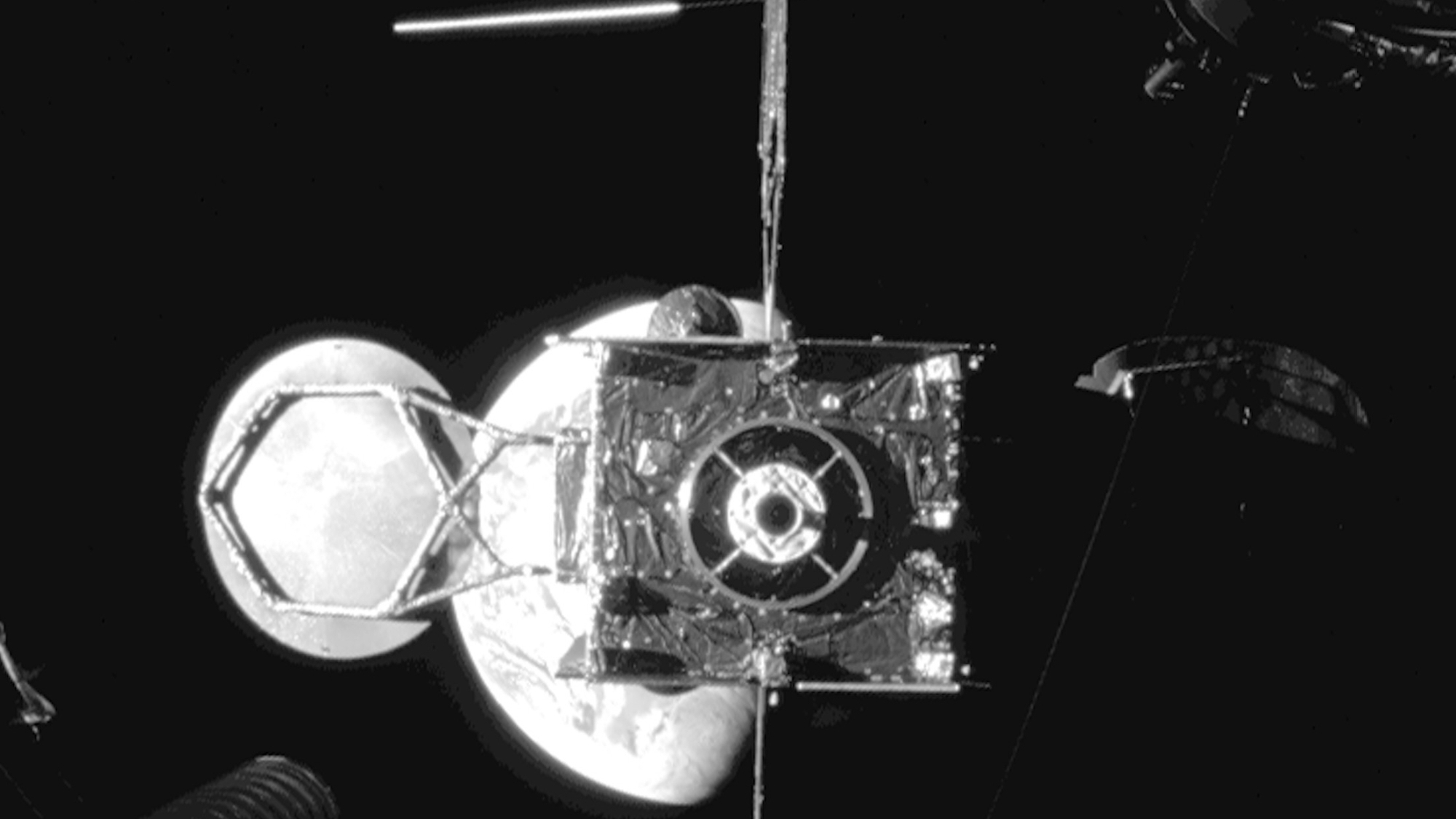Photos: Atlas 5 Rocket Launches Military GPS 2F8 Satellite
An Atlas 5 rocket blasted off from Cape Canaveral Air Force Station in Florida on Wednesday (Oct. 29) to loft a GPS satellite into space for the U.S. Air Force. The 19-story vehicle took off at 1:21 p.m. EDT (1721 GMT) carrying the Boeing-built satellite, dubbed GPS 2F-8. FULL STORY: Air Force Launches Military GPS Satellite on 50th Atlas 5 Rocket
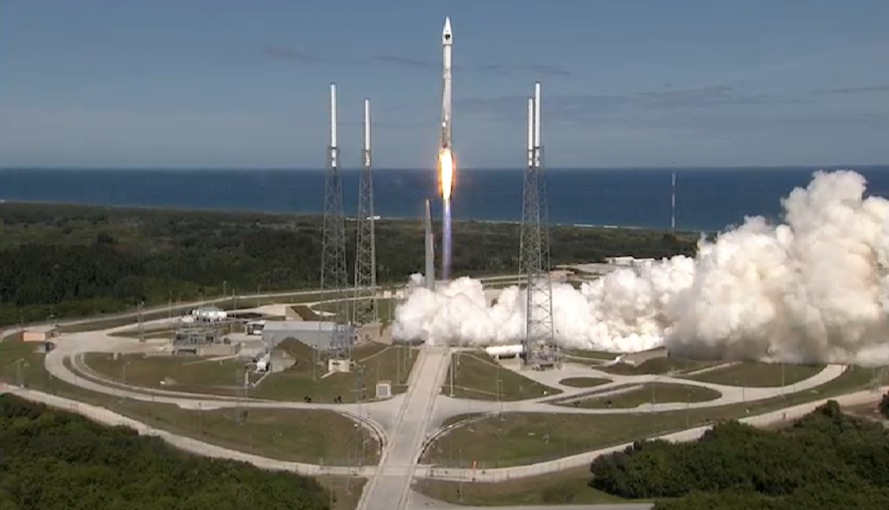
Today's flight marked the 50th successful launch of United Launch Alliance's two-stage Atlas 5 rocket since its maiden voyage in 2002. (Credit: United Launch Alliance)
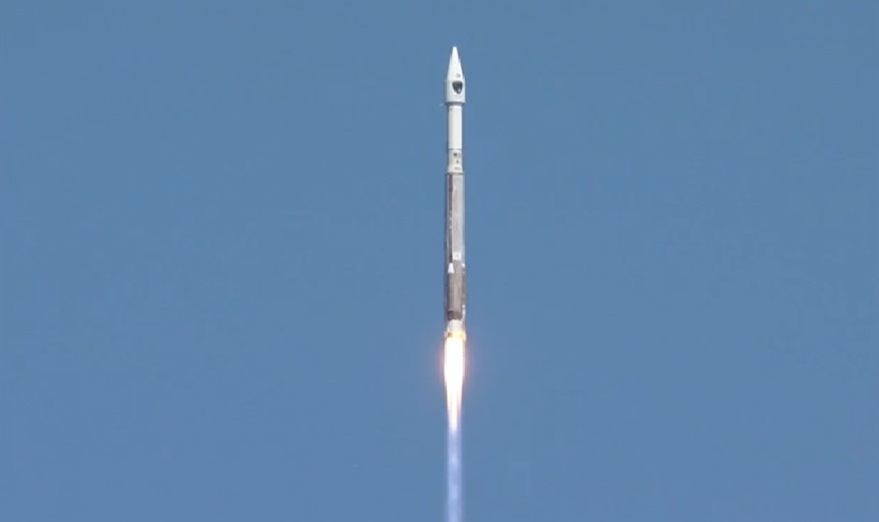
The main engine cut off after 17 minutes and entered a coast phase. The upper stage of the rocket was scheduled to release the GPS satellite into a semi-synchronous orbit a little more than 3 hours after launch. (Credit: United Launch Alliance)
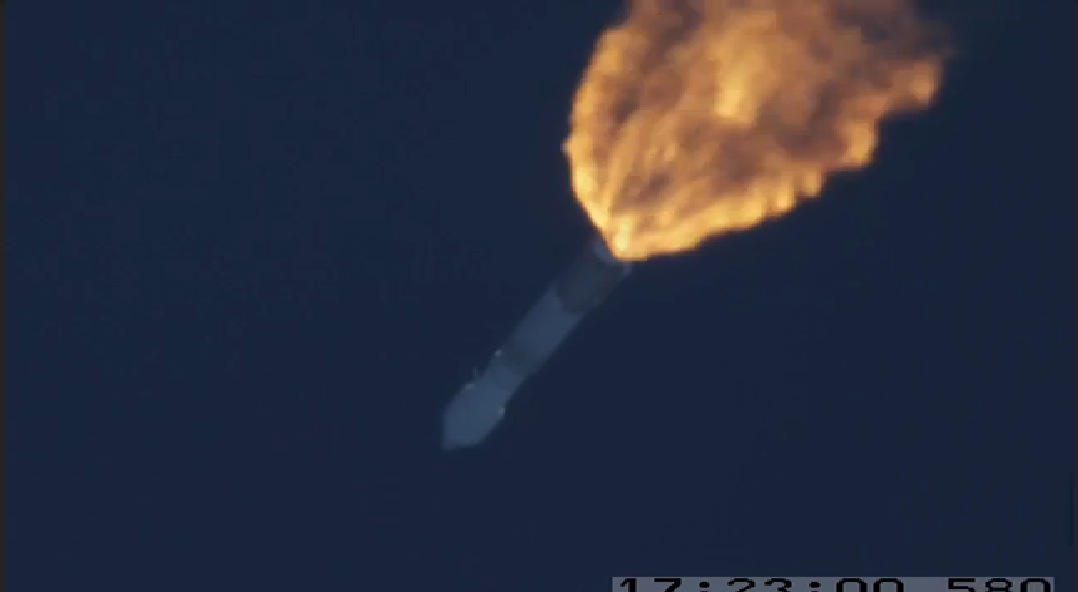
"Everything is looking good," said flight commenter Rob Gagnon, shortly after the rocket reached supersonic speeds. Atlas 5 hit Mach 1, the speed of sound, 78 seconds after launch. (Credit: United Launch Alliance)
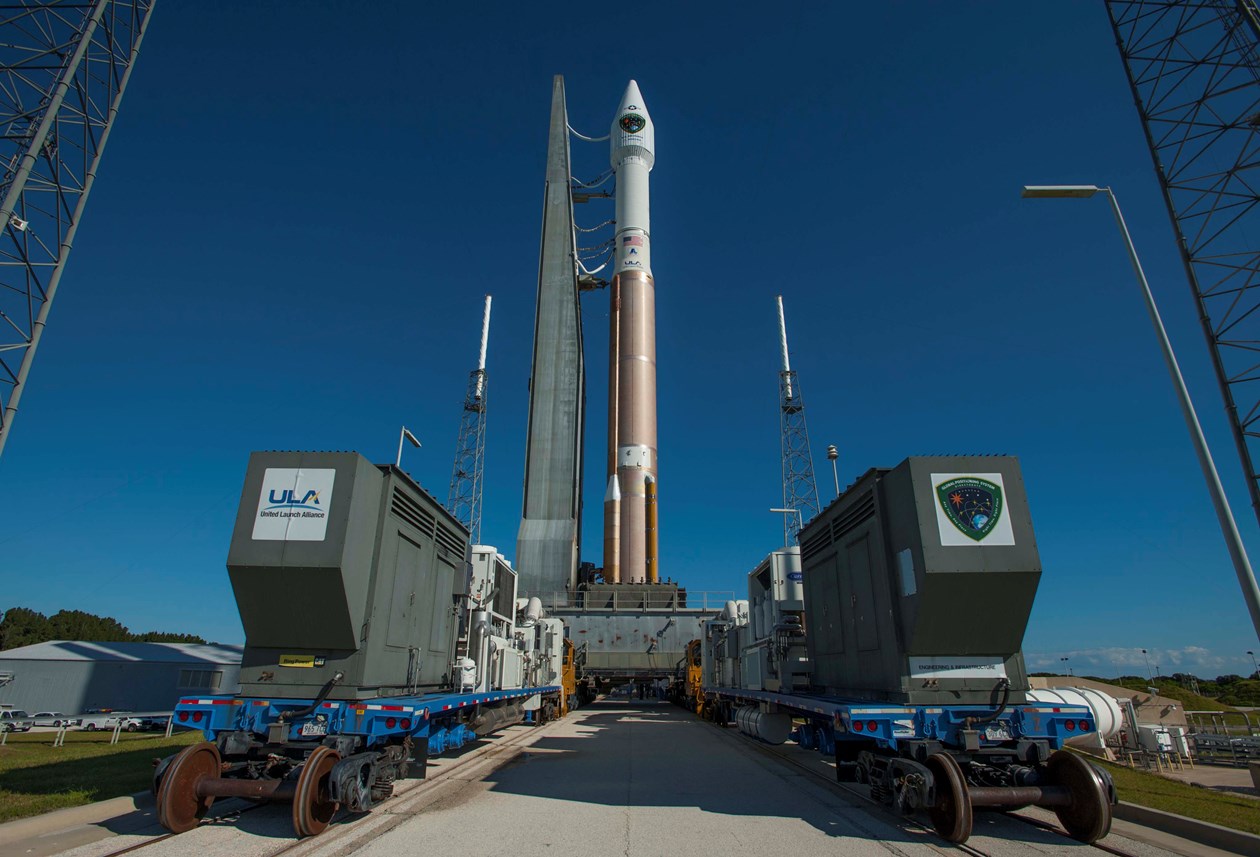
The Atlas V rocket was rolled out to Space Launch Complex-41 at Cape Canaveral Air Force Station on Tuesday (Oct. 28). (Credit: United Launch Alliance)
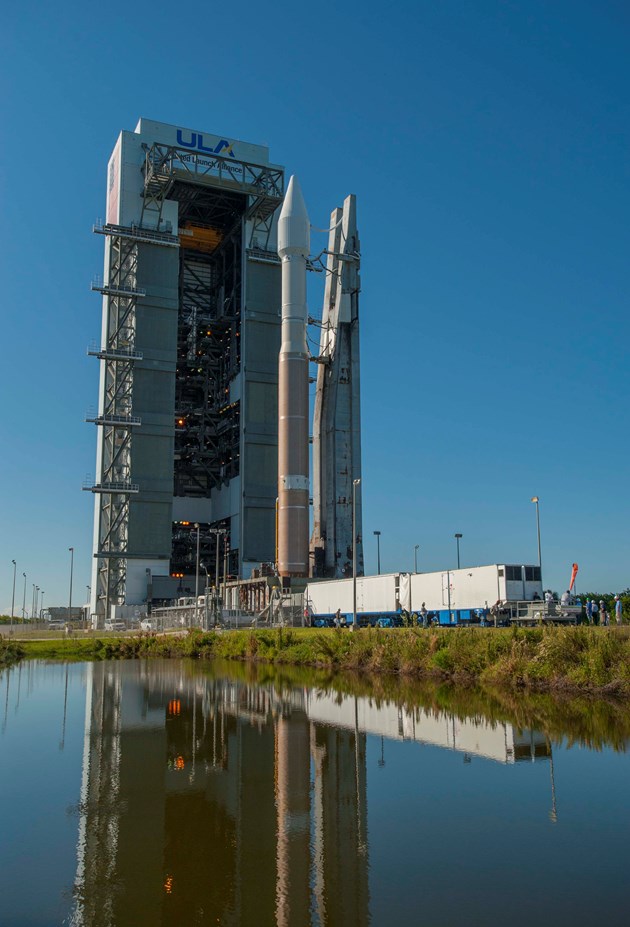
The mission for the U.S. Air Force is the fourth launch of a GPS satellite this year. The satellite, dubbed GPS IIF-8, is the eighth in the latest generation of military GPS satellites to be put in space. (Credit: United Launch Alliance)
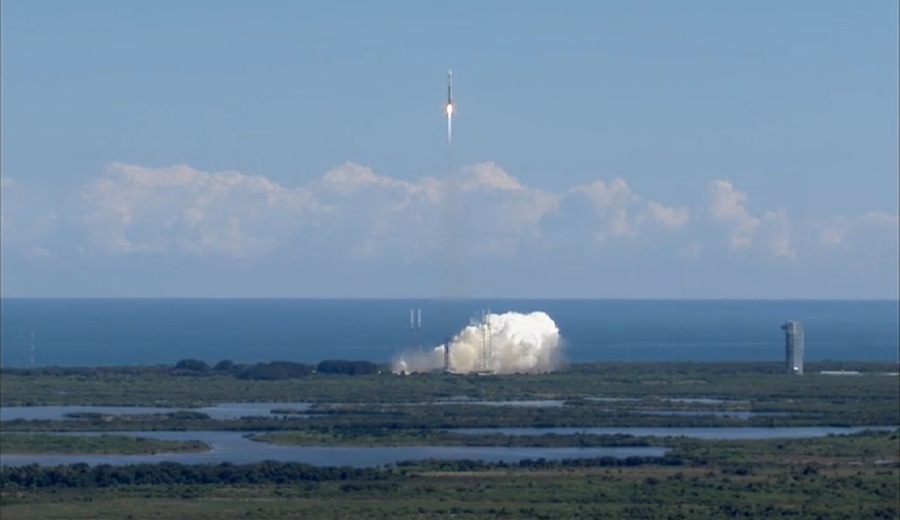
The satellites in the GPS 2F series are designed to last 12 years. The satellite that launched today will replace an older spacecraft in the military's network of 24 GPS satellites that orbit about 11,000 miles (17,700 kilometers) above Earth. (Credit: United Launch Alliance)
Get the Space.com Newsletter
Breaking space news, the latest updates on rocket launches, skywatching events and more!
Join our Space Forums to keep talking space on the latest missions, night sky and more! And if you have a news tip, correction or comment, let us know at: community@space.com.

Megan has been writing for Live Science and Space.com since 2012. Her interests range from archaeology to space exploration, and she has a bachelor's degree in English and art history from New York University. Megan spent two years as a reporter on the national desk at NewsCore. She has watched dinosaur auctions, witnessed rocket launches, licked ancient pottery sherds in Cyprus and flown in zero gravity on a Zero Gravity Corp. to follow students sparking weightless fires for science. Follow her on Twitter for her latest project.









